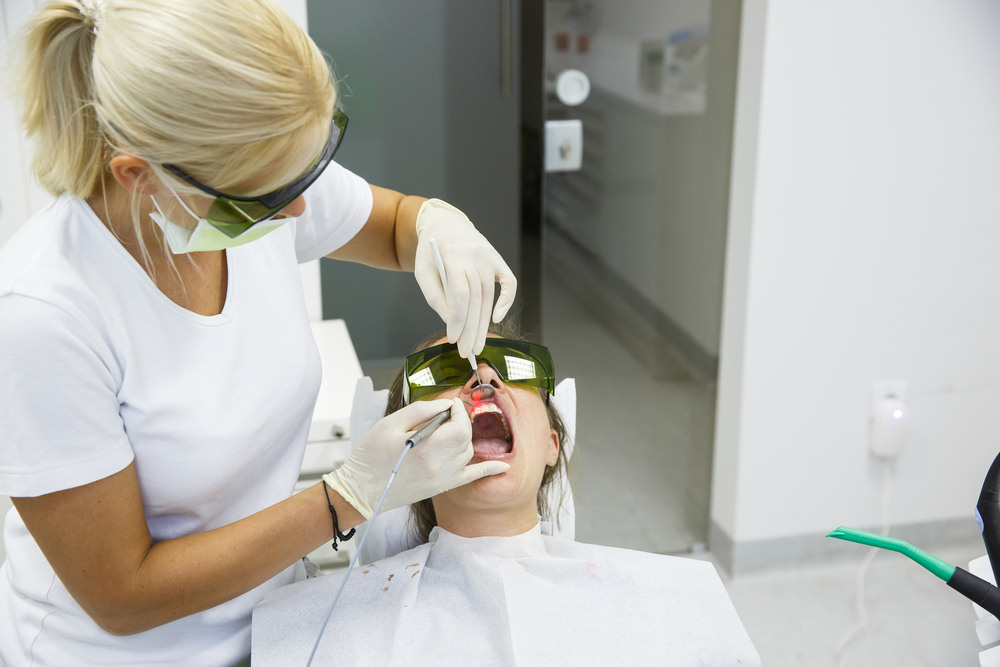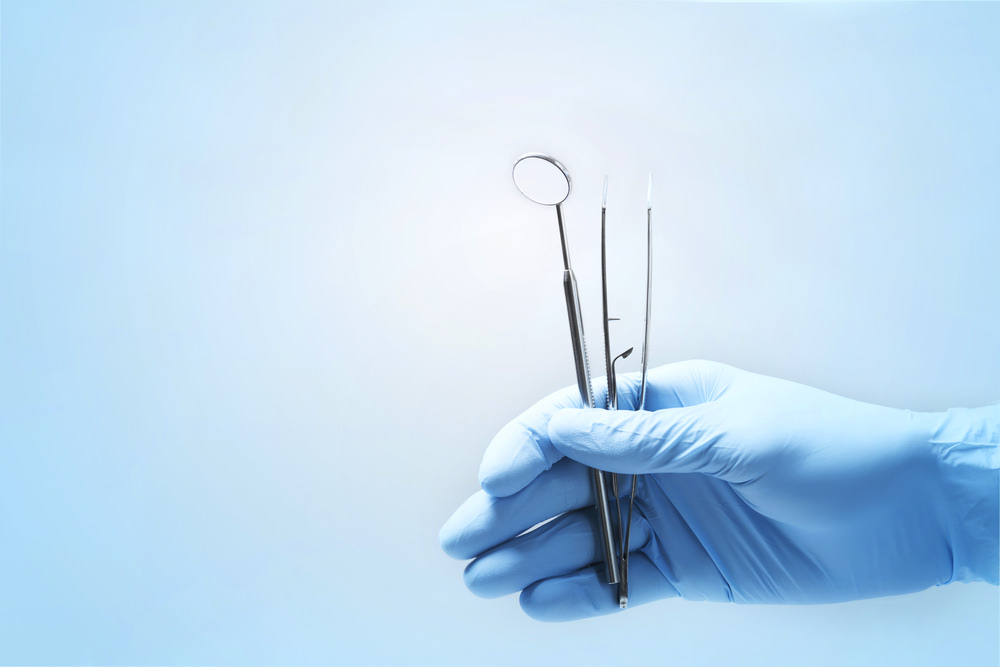Dental Records – What Happens When You Die?
An interesting question, one that may or may not have ever crossed your mind, is, what happens to your dental records when you die?
When a patient dies, the dentists’ duty of confidentiality remains in place.
So, their requirements to manage the deceased patients’ medical records remain in place, including their duty to not reveal confidential information without the correct legal authorisation.
But there are circumstances where family members and other parties want or even need to gather this information.
Today I will discuss whether there are privacy laws that need to be recognised.
I will talk about whether your next of kin can request your dental records.
As well as discuss if there are times when your dental records are not to be destroyed and the other times when they are, but how long that the dentist will hold on to them.
Finally, I will talk about what happens to the records if the patient dies under suspicious circumstances.
We will start straight away, so you can begin making any changes to what happens to your dental records while you have the chance, if you feel the need.
Are There Privacy Laws That Need to be Recognised?
Simply put, yes.
Before we start, I will point out that every different state or territory in Australia runs under different privacy laws.
For example, in Tasmania, dentists are subject to the Federal Privacy Act, but in Victoria, dentists are subject to both State and Federal privacy laws.
But, regardless of which provisions it is that the dentist is subject to, those provisions must still be recognised for the dental records of a deceased patient.
So, the dental records for a deceased patient must be kept in the exact same way, with the exact same protection, as when they were alive.
What this means is that these records have to be kept secure and all confidentially maintained.
This also means that nobody can gain access to them without the proper authorisation and that the dentist is not allowed to reveal any information or modify the records in any way.
The appropriate means must also be kept in place, so that any chance of the dental records being damaged, stolen, or lost, is prevented as much as is possible.
So, you can remain feeling safe and secure that, even after you pass away, your dental records will also remain safe and secure.
Can Next of Kin Request Dental Records?
As mentioned, the duty of confidentiality that a dentist owes to their patients is of the greatest importance.
So much so that it outlasts the patient’s death.
So, before disclosing their dental records, a dentist must make sure that the person requesting to obtain them has the proper authorisation to do so.
In the majority of cases, the person that has been given the authorisation to access the deceased person’s dental records is the executor or administrator of the deceased person’s estate.
An executor will be named by the deceased person in their Will.
Whereas, if the deceased person did not leave behind a Will, an administrator will be determined by the court.
The executor or administrator is also the person who can give authority to another person, such as an insurer or lawyer, to obtain these records.
So, it cannot just be assumed that the deceased patient’s next of kin will be their executor or administrator.
But, an important question to ask is, can the next of kin, or other relatives, still access their deceased relatives’ dental records?
Well, it is highly understandable that the relatives of a deceased patient may want to comprehend all of the incidents that lead up to and surround their family member’s death.
As such, this may lead them to ask for access to that family members’ dental records.
Due to this, Dentists may be able to release this information to an immediate family member of the deceased person, for compassionate reasons.
In these circumstances, only limited information may be given to immediate family members.
This is the type of information that may be able to help that family member understand what happened and to get the closure that they are seeking.
New South Wales (NSW), the Australian Capital Territory (NSW), and Victoria (VIC), all have legislation that specifically allows for disclosure under these conditions.
Those that apply in NSW include the:
Health Records and Information Privacy Act 2002 (HPP11).
This determines that disclosing a deceased persons’ health information could be considered reasonably necessary when it is:
Sought by an immediate family member, for compassionate reasons, and disclosing the information is limited to a fair-minded extent, for those same reasons.
It also advises the following:
- Any wishes expressed by the individual prior to their death (for example, those documented in writing on their dental records) be taken into account.
- Reasonable steps to gain proof of identity of the person seeking the records are undertaken, to make sure that the Dentist is satisfied with their identity and their authority to access the records. Such as viewing, and, where possible, taking a copy of the personal identification, then attaching it to the deceased patients’ dental records along with a copy of the Will (in particular, the page that names the executor).
- The request, where possible, be in writing and include the name and address of the person making the request, and how they want to receive the records (that is, whether they want a copy printed, or whether they are happy to just view a copy).
- Health care providers keep records all of the above records so that they have a record of all of the persons who have requested access to the records, their relationship to the deceased, the grounds for disclosure, what part of the dental information was provided, and the date that this was done.
- All of the requests be filed in the deceased patients’ dental records.
In the other states and territories that do not have such legislation, your dentist may take direction from the Medical Board of Australia.
They state that good medical practice includes the ability and willingness to explain the circumstance of the death of a patient to their family and carers.
But you can rest assured that this information is not handed out to just anyone, and records are kept of who requested it and when.
Are There Times When They Are Not to Be Destroyed?
I will discuss under the sub-heading “How Long Will a Dentist Hold on to Them For” below, exactly how long a dentist normally keeps a deceased persons’ dental records.
But as you will see, these timeframes are relatively small.
That is, they are long enough so that most issues can be resolved, but short enough so that they still protect the patients’ confidentiality.
So, when should these records be held onto for longer, or not be destroyed at all?
This is in one particular situation.
When the dental records of the deceased person are subject to any legal proceedings.
So, if the dentist thinks that it is likely that a legal case will arise that relates to the documents, they will hold on to them until the possibility of any legal proceedings being held has taken its’ course.
Or, if the risk continues to linger, not evading but instead continuing to carry on, the records may not be destroyed at all, but rather be kept indefinitely.
I will delve into why and when this is necessary further under the sub-heading, “What if the Patient Died Under Suspicious Circumstances”.
How Long Will a Dentist Hold on to Them For?
Dental practitioners must be aware of their local privacy laws that govern the retention of records (as mentioned, these laws differ between all of the states and territories across Australia).
However, dentist will treat the records with care, as they do with all of the records of every one of their patients.
The dental records of the deceased require retention from between 7 – 10 years (depending upon your region) from the “date of last entry” in the record or the date of their “last health service”.
Children’s records are to be kept until 21 years of age and then 7-10years after age 21.
Where this differs is that the last entry for a deceased patient may be noted as one of several different dates.
These can be either the date that the:
- The patient passed away.
- Dentist received their death certificate, or
- The final third party made a request for the patients’ dental records.
When the final date has been acknowledged, the records would then be kept from 7-10 years from this.
After this time has passed, they are then destroyed in a secure manner, in order to preserve the deceased patient’s confidentiality.
However, there are times that it is wise for the Dentist to keep the dental records for longer periods of time.
This is the case for anyone that was under the age of 18 when they passed away.
When this does occur, the minimum timeframe extends. It is now until that person would have turned 25 years of age.
Again, NSW, Victoria and the ACT have strict regulation that specifically states that the records have to be kept until the patient would have been 25 years of age.
While other states do not have the same regulation, it is recommended that they follow the same law.
Now, moving on to the next case when dental records are not destroyed in the usual timeframe.
This also happens if the patient was seen to have died under suspicious circumstances, which I will go on to discuss now.
What if the Patient Died Under Suspicious Circumstances?
As mentioned, if the dentist believes that there is any risk of a legal proceeding arising that may require the patients’ dental records, they will hold onto them until that risk subsides.
These records can be asked for, and used, in a few different ways when it comes to court cases.
The dentist may receive a request for the records from the coroner, who has every legal right to access a patients’ records.
Dentists may then be asked by the coroner to write a report about the care they provided to the patient prior to their death.
Or, the dentist may receive a subpoena from the court, asking them to give the court the patients’ dental records, by:
- Attending court to give evidence in a legal proceeding.
- Providing all of the relevant documents directly to the court.
Unless the Dentist believes the information requested is unreasonable or too difficult, legally they must provide it.
Any requests from the coroner or court override the patients’ privacy and confidentiality.
Instead, they must be noted in the patients’ records.
Why would a dentist be asked to go to court?
Well, dental identification has proven to be successful in many cases.
Your teeth can be used to identify you – they are unique, just like your fingerprints.
Conclusion
I hope this post has helped you understand what happens to your dental records when you pass away.
To sum it up:
- Your dental records will be kept safe and secure for at least 7 years from the date that was last entered in the record unless you were under the age of 18 or passed away under suspicious circumstances.
- The executor or administrator of your estate has the right to access your dental records, and provide authority to others to obtain them.
- Under other circumstances, such as compassionate grounds, other family members may be able to obtain limited information.
- The only other people who may have a right to gain access are a coroner or the court of law if there are legal proceedings surrounding your death.
Otherwise, your dentist’s duty of confidentiality remains, so they will treat your records like they did when you were alive.
Your dentist will already have specific policies in place to manage and keep possession of the records of deceased patients, so if you are worried, you can check in with them.
When did you last visit your dentist for a check up?
By Anthony Cade
Created at October 15, 2021, Updated at January 25, 2025





